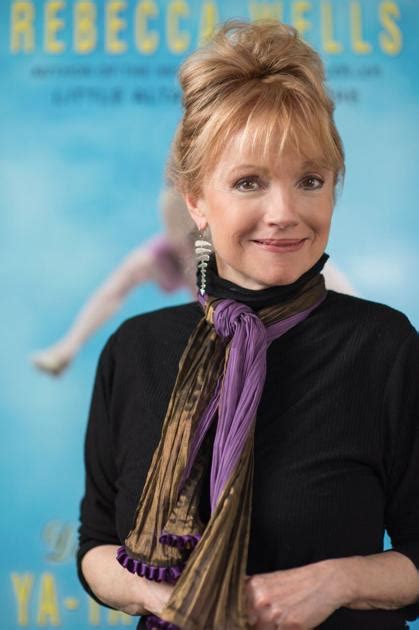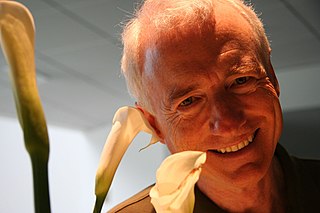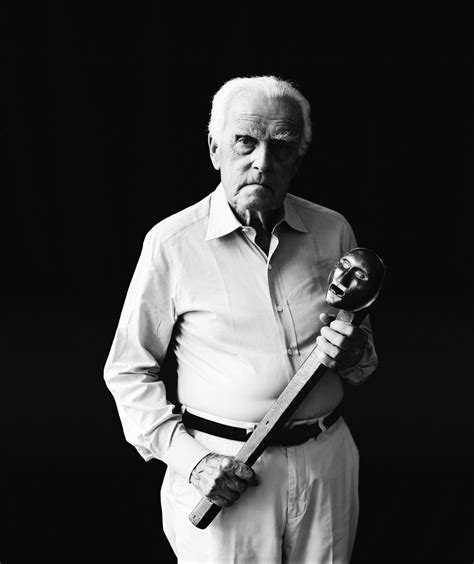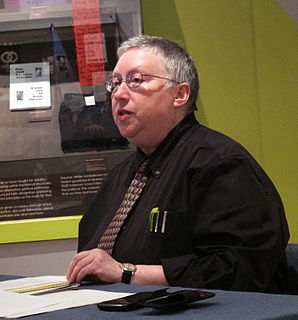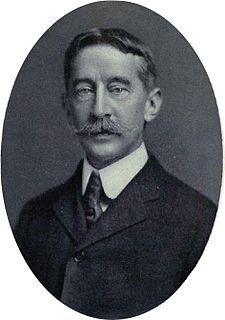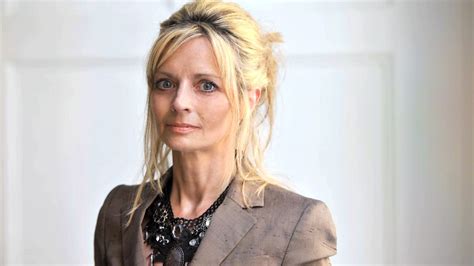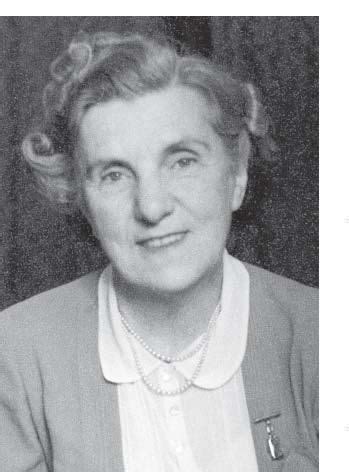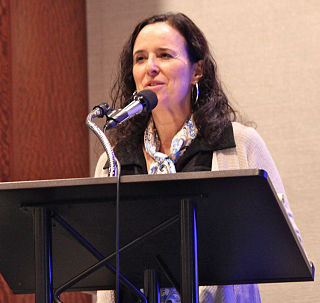A Quote by Jules Henry
Up to a certain point anxiety is good, for it promotes action. Beyond that point we freeze any fixed attitudes or rush about without thinking deeply from one decision to another.
Related Quotes
but it is also true, if this brings her any consolation, that if, before every action, we were to begin weighing up the consequences, thinking about them in earnest, first the immediate consequences, then the probably, then the possible, then the imaginable ones, we should never move beyond the point where our first thought brought us to a halt.
If you obsess over whether you are making the right decision, you are basically assuming that the universe will reward you for one thing and punish you for another. The universe has no fixed agenda. Once you make any decision, it works around that decision. There is no right or wrong, only a series of possibilities that shift with each thought, feeling, and action that you experience.
Jesus said, "Any of you who does not give up everything he has cannot be my disciple" (Luke 14:33). We must honestly face the question, "Am I willing to give up a certain practice or habit that is keeping me from holiness?" It is at this point of commitment that most of us fail. We prefer to dally with sin, to try to play with it a little without getting too deeply involved.
Neither the circle without the line, nor the line without the point, can be artificially produced. It is, therefore, by virtue of the point and the Monad that all things commence to emerge in principle. That which is affected at the periphery, however large it may be, cannot in any way lack the support of the central point.
There's always something in new technology that promotes anxiety on the one hand, but also grieving on the other. With the internet, I think we can remember a time when people said "I don't use email," or "I'm not going to get email." I once had to do a piece on people who had never used the internet and refused to start and I found three people. But when I talked to them, they had used it, at some point or another. It's almost impossible to stay off the internet entirely. We feel as though we didn't get to make a decision. There's this new dawn and we all have to embrace it.
Finally, you're right about one point, your entire way of thinking is predicted by what you're immersed in so you know you won't make a bad decision. You can make a bad decision but it's still in the good sphere normally if you work well. You're prepared to face a crew who wants to know everything and poses a hundred questions a minute, because you know you have good reflexes and can respond very quickly.
[...] intelligent people only have a certain amount of time (measured in subjective time spent thinking about religion) to become atheists. After a certain point, if you're smart, have spent time thinking about and defending your religion, and still haven't escaped the grip of Dark Side Epistemology, the inside of your mind ends up as an Escher painting.





